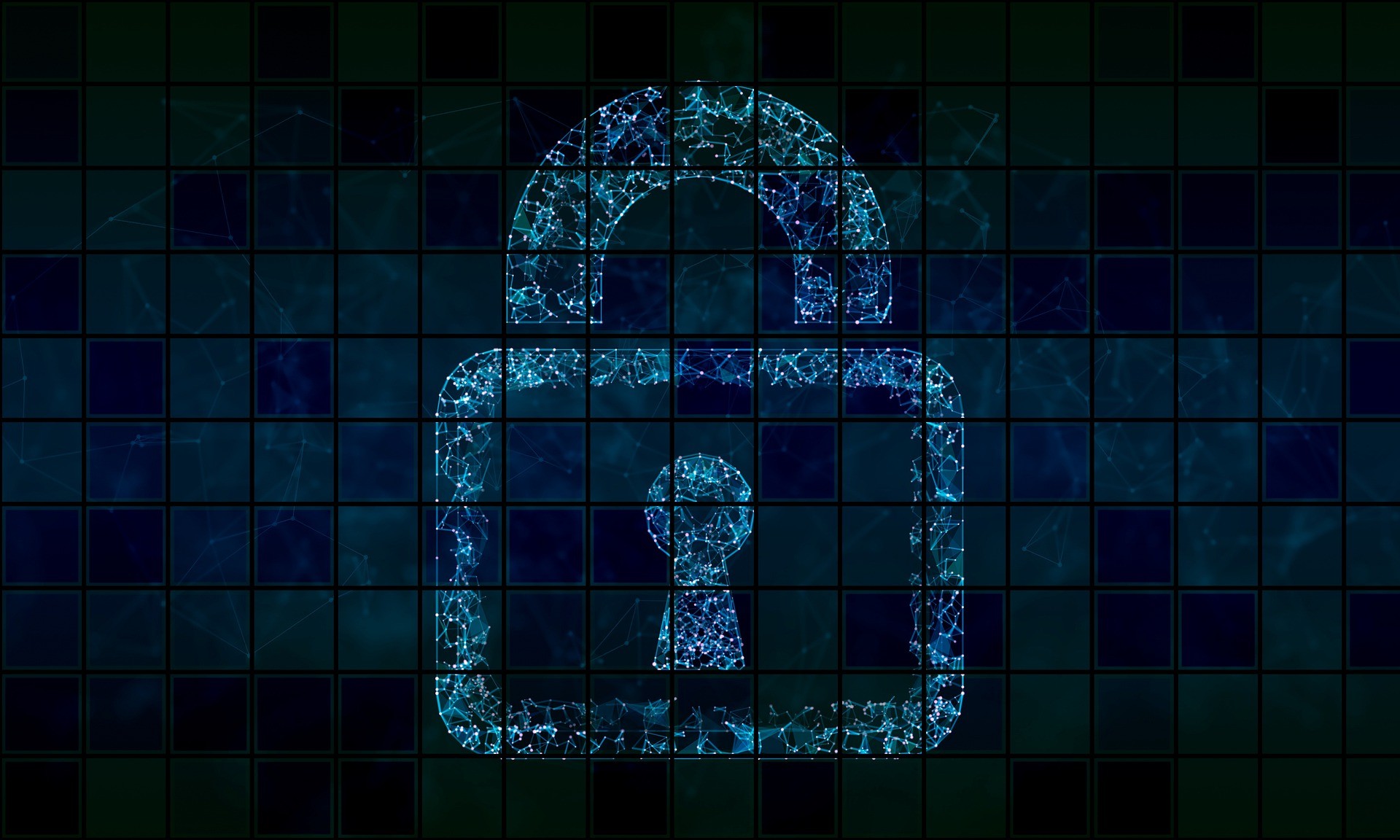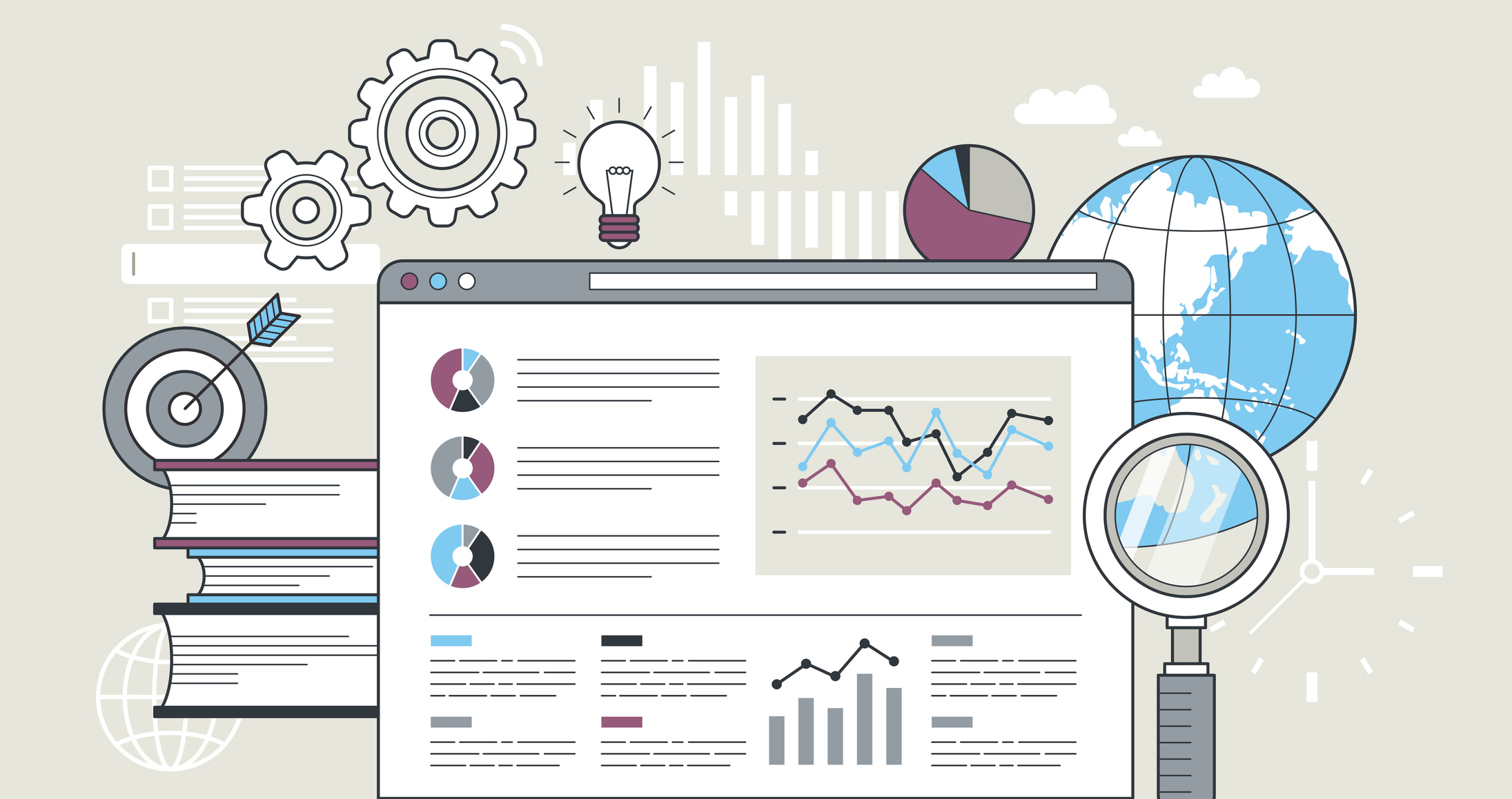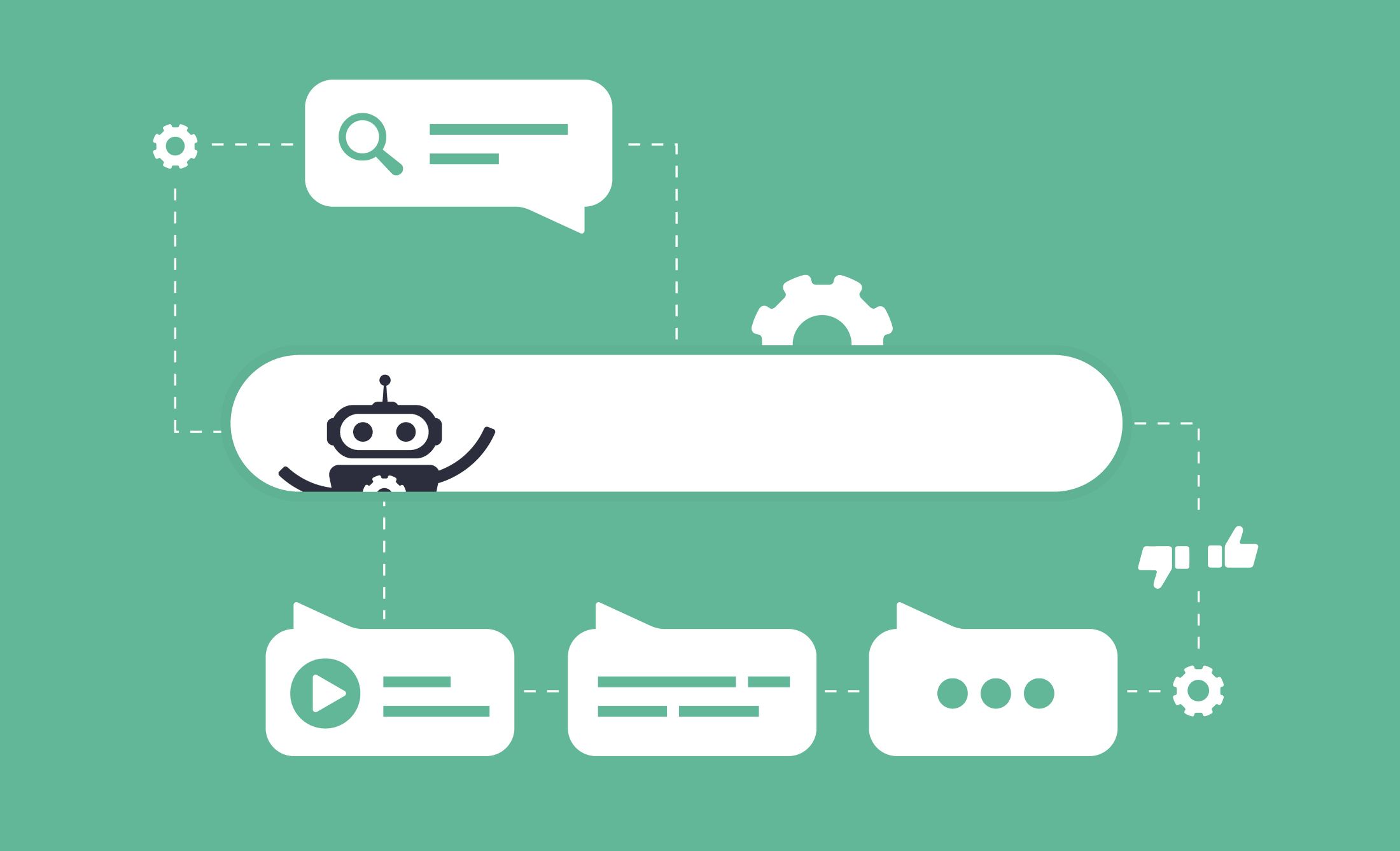Passwords serve as critical protectors of our personal information and digital boundaries. These seemingly simple strings of characters bear the significant responsibility of guarding our virtual existence. However, it's alarmingly common for the creation of robust and memorable passwords to be underestimated, leaving a tremendous volume of sensitive information vulnerable.
Paralleling weak passwords to an unlocked front door paints a vivid picture of the risks involved - they practically roll out the red carpet for trouble. Ensuring your digital domains' safety means devising passwords that strike a balance between security and memorability, a process that demands thoughtful consideration and careful construction.
In pursuit of enhancing your online security, this blog aims to serve as your comprehensive guide. Below you'll find invaluable insights to help you formulate passwords that are not only sturdy fortresses against potential threats but also easily retained in memory. This is your roadmap to mastering the art of creating robust and unforgettable passwords.
The Basics of a Secure Password
Protecting your online accounts begins at the front lines, with a secure password acting as the primary shield against potential threats. But to fully comprehend what constitutes a 'secure' password...
- Password Length
It's not just about having a password; it's about having a sufficiently long one. Cybersecurity experts suggest a minimum of 12 characters for a password. Why is length crucial? Simply put, every additional character exponentially increases the time it would take for an attacker to brute-force your password. In password strength, size indeed does matter. - Password Complexity
A truly secure password isn't straightforward; it's a cocktail of varied characters. Mixing uppercase and lowercase letters, sprinkling numbers, and garnishing with symbols (such as @, #, and &) increases the complexity of your password. This vast pool of character possibilities adds an extra layer of protection, making your password a challenging puzzle for unauthorized users to decipher. - Unpredictability
Lastly, a secure password is one that's not easily predictable. It's wise to steer clear from the beaten path of obvious choices like 'password123' or 'qwerty'. Similarly, personal details that could be easily found or guessed, such as birthdays, pet names, or addresses, make for weak passwords. A secure password should be as unique and individual as you are, less a reflection of your personal life and more a testament to your creativity and randomness.
How to Create Memorable Passwords
While building secure passwords is vital, it is equally important to ensure that these passwords stay lodged in your memory. Balancing security with memorability may seem like a challenging task, but with the right techniques, it becomes a walk in the park. Here's how:
- Passphrases
A game-changing strategy in password creation is the adoption of passphrases over traditional passwords. A passphrase, as the name suggests, is a string of words woven together into a coherent and meaningful sequence. Take, for example, "ILoveMy2BlackCats!". This passphrase not only stands out due to its length—often surpassing regular passwords—but it's also inherently more memorable due to its personal relevance and narrative quality. Plus, the amalgamation of different character types (capital letters, small letters, numbers) adds to its security quotient. - Mnemonic Devices
Another creative approach to enhance password memorability is through the use of mnemonic devices. This involves creating a password based on the initial letters of a memorable sentence, phrase, or song lyric. For instance, the phrase "I left my heart in San Francisco" can be transformed into a unique and secure password like "IlmhiSF#1". This method allows you to remember a catchy phrase or lyric, making the associated password easy to recall, while maintaining the necessary complexity and uniqueness for security.
Incorporating these strategies into your password creation process can help ensure that your passwords are not only robust fortresses against unauthorized access, but also easy-to-recall keys that you won't find yourself constantly struggling to remember.
Keeping Passwords Unique Across Different Platforms
Just as you wouldn't use a single key for every lock you own, applying the same password across all your online accounts invites a comparable level of risk. If an unwanted intruder gets a hold of your 'master' key—i.e., the password you recycle across different platforms—they gain unrestricted access to your entire digital life.
The solution? Foster uniqueness in your passwords. Each platform should be shielded with a distinct password, making it considerably more challenging for any potential hacker to breach your overall security. While the task of creating and remembering a variety of unique passwords might seem daunting, technological aids, specifically password managers, can be instrumental here.
Password managers are digital tools designed to bear the burden of creating and remembering complex passwords for you. They generate strong, unique passwords for every account you own and store them securely. This way, you only need to remember one master password - the one that grants you access to your password manager.
However, it's essential that this master password is particularly strong and memorable, since it essentially holds the keys to your kingdom. Consider incorporating the tips shared earlier for creating memorable passwords when crafting your master password.
Thus, embracing password diversity across different platforms and utilizing tools like password managers can greatly enhance your online security. It's a small step in terms of effort, but a giant leap for securing your digital persona.
Multi-factor Authentication: An Added Layer of Security
Multi-factor Authentication (MFA) is akin to a safety net for your online accounts, providing an extra layer of security that significantly minimizes the likelihood of unauthorized access. It operates on a simple yet effective principle: to verify your identity using at least two different factors before granting access.
These factors fall into three main categories:
- Something You Know: This could be a password or a PIN—information that only you should know.
- Something You Have: This could be a physical device, such as your smartphone, a hardware token, or a smart card.
- Something You Are: This refers to biometric identifiers that are unique to you, like your fingerprint, facial recognition, or retina scans.
The implementation of MFA introduces an additional hurdle for would-be attackers. Even if they somehow manage to acquire your password, they're still faced with the challenge of overcoming at least one more security checkpoint. The likelihood of an attacker also having access to your secondary device, or mimicking your biometric identifiers, is significantly lower.
Many platforms, from email providers to social media platforms to online banking, offer MFA options. By enabling MFA on your accounts, you are actively bolstering your security wall, adding an extra layer of defense that further safeguards your digital space. It's an extra step in the login process, but the peace of mind it offers is well worth the few additional seconds.
Password Security Checklist
Here's a checklist of dos and don'ts for maintaining password security:
- Do change your passwords regularly.
- Don't share your passwords with anyone.
- Do enable MFA wherever possible.
- Don't write down your passwords in easily accessible places.
Remember, a password is more than a mere combination of characters. It's a powerful tool in ensuring your online safety. By crafting robust, unforgettable passwords, you can protect your digital life effectively. While it may seem like a daunting task, the tips provided in this guide aim to simplify the process and highlight its importance.
A strong password is long, complex, and unique. Incorporating mnemonic devices and using phrases instead of single words can make them easier to remember. For managing multiple unique passwords, password managers are valuable tools. Furthermore, adopting multi-factor authentication provides an extra level of protection.
Admittedly, taking security measures might require a bit of time and effort, but considering the amount of personal information we store online today, it's a small price to pay. After all, a little inconvenience today can prevent a lot of trouble tomorrow.




